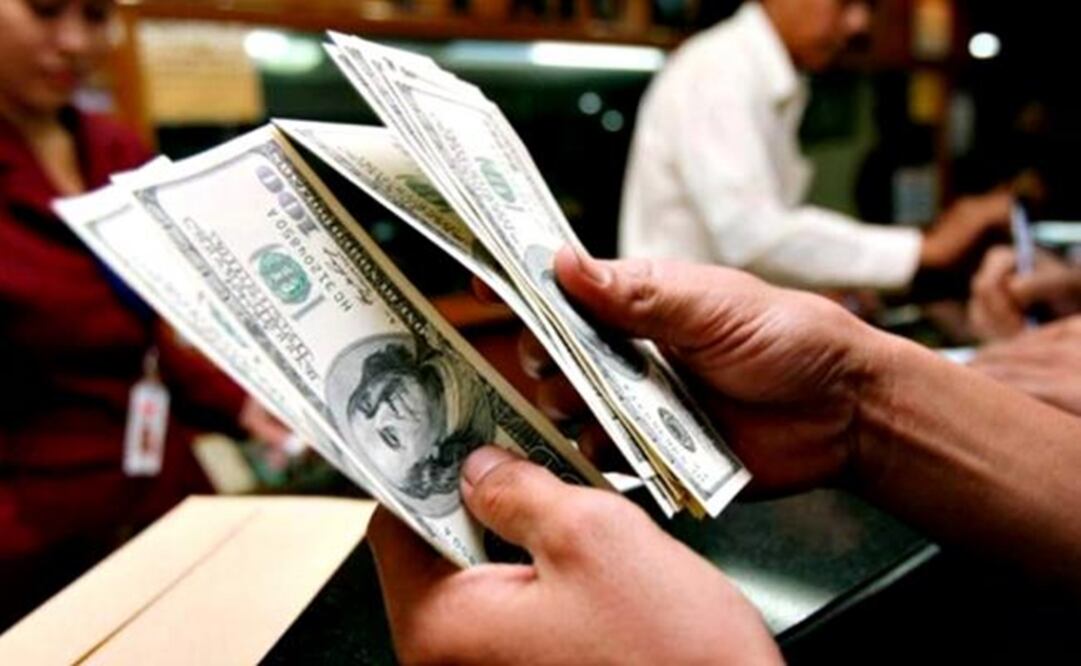Más Información
Mexico's government should slow the pace of its budget cuts next year and it will not likely see a surplus from the Central Bank (BANXICO) due to the recovery in the peso currency, the country's finance minister said on Tuesday.
Mexico's 2018 budget is likely to see a lower "adjustment" to public finances than in previous budgets, Finance Minister José Antonio Meade said in an interview on local radio.
He said Mexico would still meet a deficit target of 2.5 percent of gross domestic product by the end of 2018.The collapse in global oil prices in late 2014 forced Mexico to make sizeable cuts to the federal budget in the past couple of years, and Wall Street credit rating agencies last year warned they could cut Mexico's debt rating.
Mexico's government had previously relied on oil sales by state-run Mexican Petroleum (Pemex) to fund around a third of its budget, but lower prices and a slump in production have pushed oil income to less than one-fifth of the government's revenue.
Meade also said the ministry was unlikely to receive a surplus transfer next year from the central bank, noting the peso would have to weaken back past MXN$20.50 per dollar by the close of 2017 in order for that to happen. "That, today, does not seem to be the central scenario," the minister said.
The peso, which suffered a significant slump last year, has been the best performing major currency this year, gaining over 15 percent in 2017. It is now trading just above 18 per dollar as fears have eased that the administration of U.S. President Donald Trump will slap tariffs on Mexican-made goods.
The central bank books a surplus from reserve assets when the peso weakens against the dollar during the year. In March, the central bank transferred MXN$321.7 billion pesos (USD$18 billion) of its 2016 surplus to the federal government.
bg
Noticias según tus intereses
[Publicidad]
[Publicidad]






